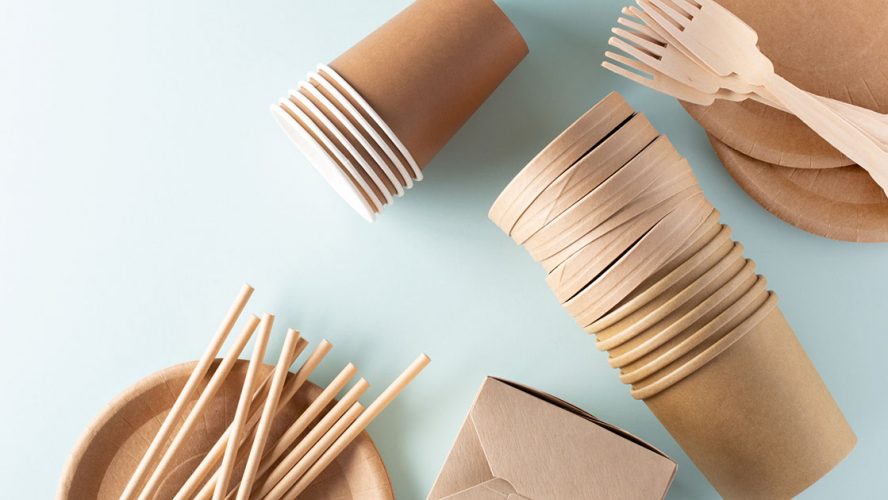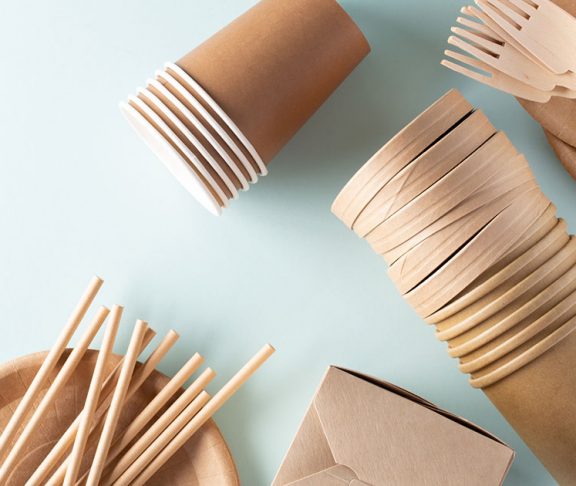
David Newman
Managing Director BBIA
Globally, businesses from retailers and coffee shops to packaging companies and food suppliers are looking at how compostable packaging can reduce their ecological footprint.
Whilst we know very little plastic is effectively recycled, especially films, we do know that compostable packaging can be recycled through composting back to soil as compost.
But does this happen in reality? There is a lot of confusion and many mixed messages.
Let’s start with what compostables should not be used for. Firstly, there is no point using them where the recycling of plastics is working or could work, so no bottles please. Secondly, where there is no recycling at all. For example, on-the-go coffee cups which are always going to be binned as the abject failure of coffee cup recycling has proven. Thirdly, where other alternatives perform better – what is wrong with a glass milk bottle?
Compostables are not designed as an answer to littering; if the worst happens, they will eventually breakdown, but it will still take some months for them to biodegrade.
Compostables are not designed as an answer to littering; if the worst happens, they will eventually breakdown, but it will still take some months for them to biodegrade.
Sensible uses of compostable packaging
So where do they make sense? The whole aim is to facilitate a well-managed organic waste recycling system.
We are about to get universal food waste collections across the EU/UK from 2024, so what better way of ensuring these are clean, without plastics that will filter through to soil and biodegradable within composting facilities? Caddy liners, fresh food packaging, carrier bags like the Co-op and Aldi have introduced, fruit/vegetable bags, sandwich boxes, coffee pods, tea bags and sweet wrappers are examples. Many of these are attached to food and therefore can carry food into treatment without polluting compost with plastics.
Compostables are also great in closed loop catering situations like canteens, offices, stadia, festivals, events, where the purity of collection is easy to guarantee. The Parliamentary Estate does exactly this.
Adapting facilities
In the UK we have composting facilities, but we also have anaerobic digestion facilities making biogas. These facilities are learning to adapt to using compostables and we are seeing this change happen rapidly. Once it is more widespread, plant operators, citizens and councils can be sure to get more food waste into treatment without pollution from plastics.

